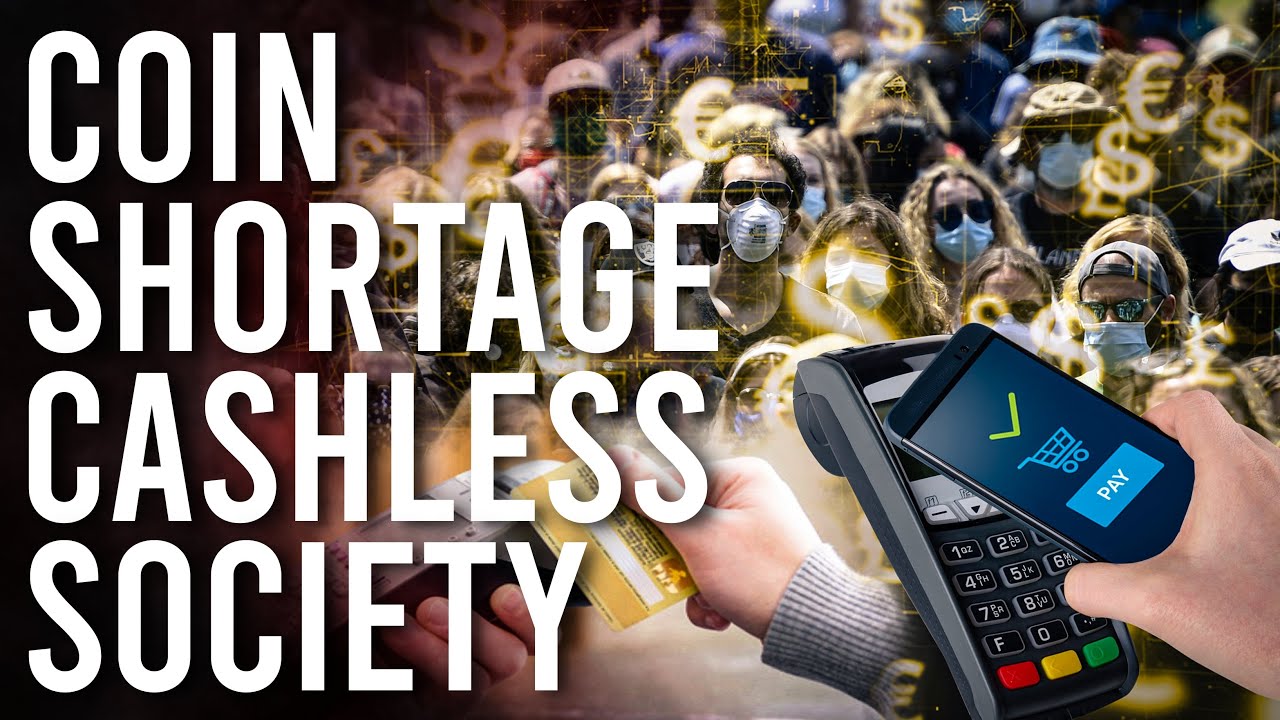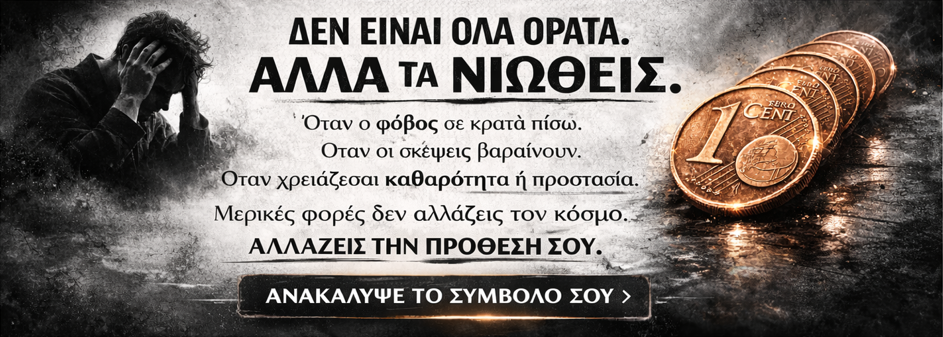https://www.youtube.com/watch?v=5PImI0YfdGI&t=7s
For the last few weeks, the United States has been experiencing a growing coin shortage, which may sound harmless enough. However, this could be a subtle move pushing the country towards a cashless society and we are forced to turn to digital payments instead.
On June 11th, the Federal Reserve released an announcement declaring that coin rationing would begin on June 15th. The low coin inventories are a result of mints that had been forced to shut down operations during the pandemic. In addition, lockdowns meant that fewer people were able to go to coin recycling stations in bank lobbies or coin-sorting kiosks in retail stores, which further lowered the number of coins in active circulation.In response, the Fed is strategically distributing coins to institutions across the country to mitigate the worst of the coin shortage. According to their statement, the coins are being distributed “based on historical order volume by coin denomination and depository institution endpoint, and current US Mint production levels.”
In this video, we are going to tell you just what is happening not only with coins but with cash payments in general, and the serious risks posed by a shift to a cashless system.
The executive vice president for the Central Bank, Dan Westhues, called on people to use spare change they may have lying around their houses or cars in order to do their part in easing the stress on banks and businesses.Some companies are stepping up to help stabilize coin supplies. For example, some QuikTrip gas stations posted signs requesting that customers pay using exact change or card. Transactions that require change will be avoided by giving customers gift cards equal in value.
The World Health Organization has not advised that consumers stop using cash outright, but does warn that they should take care to wash their hands after handling physical money. Still, these comments have done little to quell public concern. The heightened uncertainty and anxiety in the time of the pandemic has made it much more likely that people cling to fear mongering ideas, and this one certainly took hold. The number of internet searches pertaining to both “cash” and “virus” hit record highs.
Surely enough, the United States’ major online money transfer service PayPal added an average of 250,000 new accounts a day through April. Now, they boast a grand total of 325 million active accounts worldwide, with more than half of those based in the United States. These numbers are up from 277 million accounts a year ago, showing a major shift towards electronic alternatives in favor of cash payments. PayPal Chief Executive Daniel Schulman said that the pandemic had only accelerated the shift towards an increasingly cashless world, condensing a more gradual shift in that direction into a matter of a few months.
It is entirely unsurprising that central banks, which have been urging a shift towards digital payments for years, are taking full advantage of the pandemic as the perfect time to further that agenda.
Historically, the US has always resisted the idea of letting go of cash, but plenty of other countries around the globe have been moving in that direction. Some European countries, like Sweden, are almost completely cashless. Of course, China is at the forefront of digital payments.While the speed and efficiency of cashless payments is all fine and good, people must consider the deeper implications of a system that abandons physical bills and coins. With digital transactions, governments and financial institutions can monitor, track, and control consumers on a scale unlike anything we have known with cash.
Moreover, the abandonment of physical money puts the US at risk of worsening its issues of inequality. After all, poorer Americans are far less likely to have access to digital alternatives. A survey by the Federal Deposit Insurance Corp. found that around 6 percent of US adults, about 14.1 million people, don’t have a checking or savings account set up in their name. This leaves them unable to access funds online, and thus unable to participate in the new system.
To address these concerns, cities like San Francisco put policies in place requiring that all businesses keep cash on hand and accept it as a valid form of payment. Even throughout the pandemic, that rule has remained.
Aside from these exceptions, the world continues to move closer and closer to a cashless society, which puts us all at risk. And the pandemic has only moved the timeline along at a much faster pace. Cash is in trouble, and so are liberty and equality in the United States and the world at large.For more economic collapse news visit our website: https://www.epiceconomist.com

